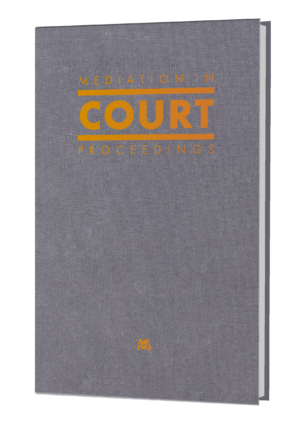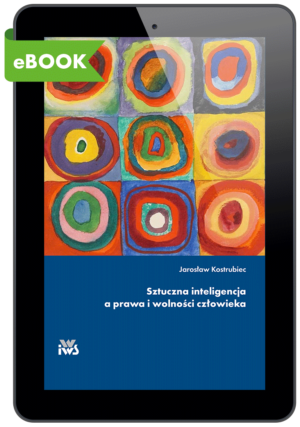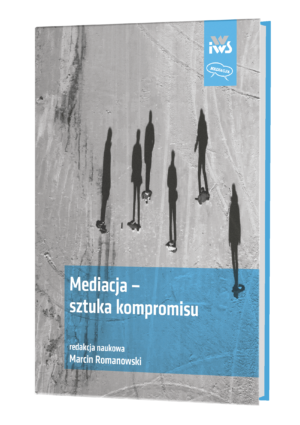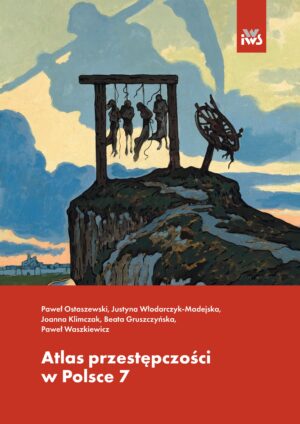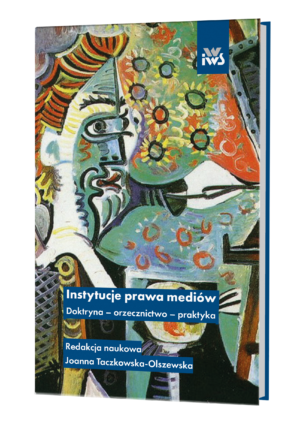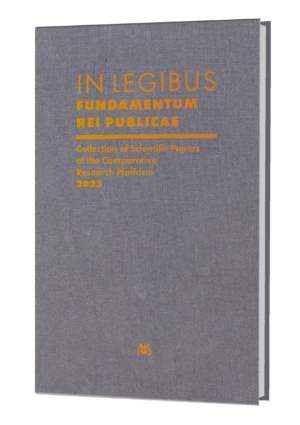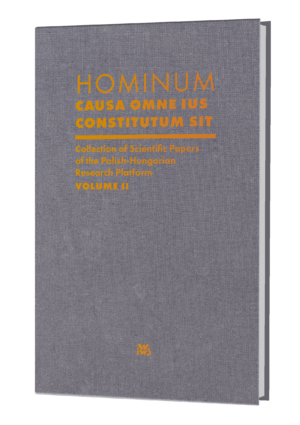Undoubtedly, a properly ʻconstructedʼ law is the basis of a well-functioning state, which should be treated as a common good, which is reflected in the title of the reviewed publication. It also adequately reflects the complexity of the modern world and the variety of problems faced by national legislators. The work in English touches on issues from four quite distant thematic areas, namely: legal problems related to the functioning of the so-called artificial intelligence (AI), rights of the elderly, mediation and administrative justice. Issues related to liability for the tort caused by artificial intelligence, ensuring the rights and protection of the elderly, the model of criminal mediation and mediation in commercial cases, administrative justice, as well as the rules of applicability of artificial intelligence (ʻintelligentʼ software) in law enforcement activities were analysed in depth.
Comments on the solutions in force in third countries (here: Slovakia, Croatia or Ukraine) will always be a novelty for the reader focused primarily on Polish affairs, giving him the opportunity to look at a specific issue from a broader perspective than just the national one. The publication is a good platform for exchanging views and information about solutions in force in other countries, which is included in the concept of comparative legal studies.
From the review by dr hab. Piotr Sowiński, prof. UR
Most of the texts were prepared in accordance with the canons of legal sciences. The argument contained in them is – as a rule – of high scientific quality (which, inter alia, consists of a critical aspect of the legal status and current practice) and is cognitively rich. Nevertheless, in several places the way of approaching the issues appropriate for sociology or political science comes to the fore.
From the review of dr hab. Dariusz Walencik, prof. UO




